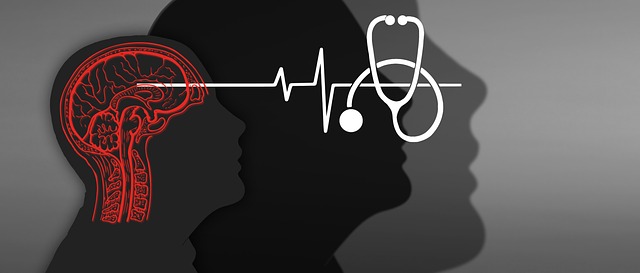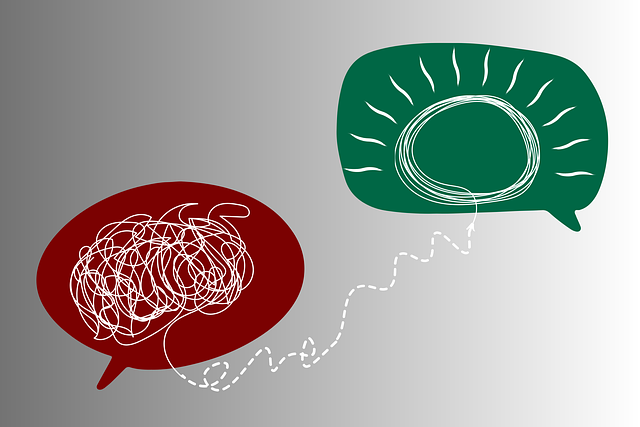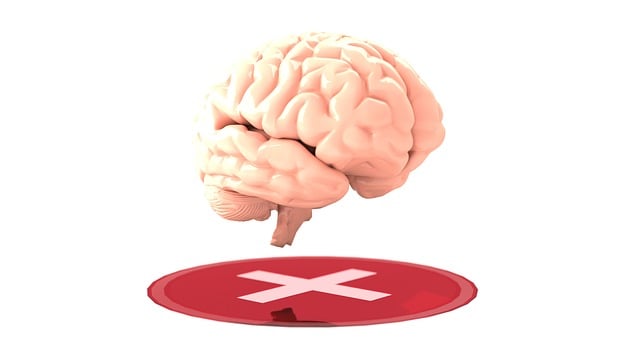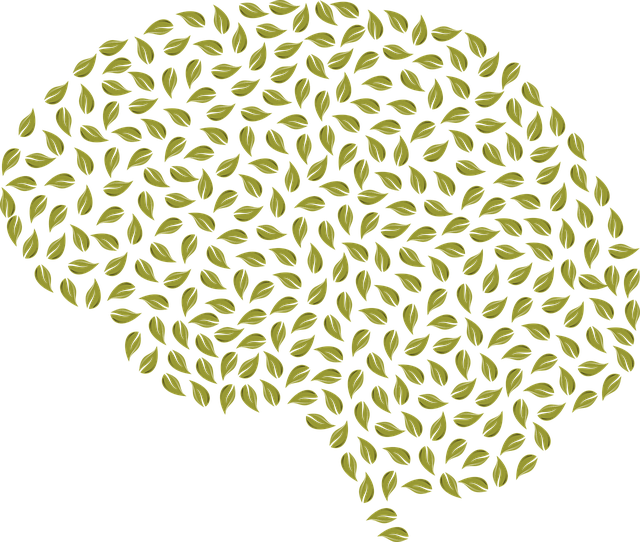Understanding and addressing loss, grief, and bereavement in young children is crucial through specialized therapy, such as play and art sessions, which provide safe spaces to express and process emotions. Integrated Independent Medical Evaluations (IMEs) assess mental health, identify co-occurring issues, and guide risk management, ensuring personalized care tailored to each child's unique needs. IMEs are vital when grief significantly impacts a child's daily life, offering comprehensive evaluations by pediatric specialists to target underlying mental health concerns like depression or anxiety disorders. This holistic approach, combining therapy and IMEs, fosters emotional resilience and support during bereavement journeys, catering to diverse family needs with cultural sensitivity.
Loss, grief, and bereavement are profound experiences, especially for young children. This article explores these complex emotions and offers insights into the critical role counseling plays in supporting children through periods of sadness. We delve into strategies for identifying when a child may require independent medical evaluations and present unique therapeutic approaches tailored to young grievers. Additionally, we highlight valuable resources and support systems available to families facing bereavement, emphasizing the importance of comprehensive care.
- Understanding Loss, Grief, and Bereavement in Young Children
- The Role of Counseling in Supporting Children Through Sadness
- Identifying When a Child Needs Independent Medical Evaluation
- Unique Approaches to Therapy for Young Grievers
- Resources and Support Systems for Families Facing Bereavement
Understanding Loss, Grief, and Bereavement in Young Children

Understanding Loss, Grief, and Bereavement in Young Children
Loss, grief, and bereavement are complex emotions that young children can experience following a significant loss or death of a loved one. Unlike adults, children often express these feelings differently, which may include behaviors such as withdrawal, irritability, or even aggression. It’s crucial for parents, caregivers, and educators to recognize these signs as potential indicators of deeper emotional distress. Therapy for young children affected by loss can be immensely beneficial, providing a safe space for them to process their emotions and begin the healing journey.
Independent Medical Evaluations (IMEs) play a critical role in diagnosing any underlying mental health issues that may arise due to loss. These evaluations help identify if a child is struggling with grief or if there are co-occurring conditions that require specialized trauma support services. By addressing these needs early, Mental Health Awareness can be fostered, empowering children and their families to navigate the challenges associated with bereavement while promoting self-awareness exercises that support emotional resilience.
The Role of Counseling in Supporting Children Through Sadness

Counseling plays a vital role in supporting children through sadness and grief, offering them a safe space to express their emotions. Children, especially those experiencing loss for the first time, may find it challenging to process their feelings independently. Therapy for young children provides a structured environment where they can learn healthy coping mechanisms and emotional healing processes. Through play therapy, art, or conversation, counselors help kids make sense of their experiences and navigate the complex landscape of grief.
Independent medical evaluations (IMEs) can also be integrated into this process, providing an additional layer of support. IMEs can assess a child’s mental health status, identify any underlying issues, and guide risk management planning for mental health professionals. This comprehensive approach ensures that children receive personalized care tailored to their unique needs, fostering effective stress management and promoting resilience in the face of adversity.
Identifying When a Child Needs Independent Medical Evaluation

When a child is experiencing loss, grief, or bereavement, it’s crucial to recognize when their emotional well-being might require professional support beyond therapy sessions with parents or guardians. Identifying the need for an Independent Medical Evaluation (IME) is an essential step in ensuring the best care for young ones grappling with these complex emotions. This evaluation goes beyond typical therapy and involves a comprehensive assessment by qualified healthcare professionals, often including pediatric specialists.
An IME may be necessary if a child’s grief or bereavement significantly impacts their daily functioning, relationships, or overall well-being. Signs that warrant this step include persistent extreme sadness, anxiety, anger, or aggression; difficulty sleeping or eating; and withdrawal from social activities or friends. Such symptoms can indicate underlying issues like depression or anxiety disorders that require specialized attention. The IME aims to assess the child’s emotional intelligence, coping skills development, and stress management capabilities, providing valuable insights for tailoring effective therapy strategies.
Unique Approaches to Therapy for Young Grievers

Grief is a complex process that can significantly impact young children, and specialized therapy approaches are crucial to help them navigate this challenging period. Unlike traditional counseling models, some therapists employ innovative strategies tailored to the unique needs of younger grievers. One such approach involves integrating play therapy techniques, allowing children to express their emotions through art, games, and imaginative play. This method not only facilitates emotional release but also fosters resilience by enabling kids to process their grief in a child-friendly manner.
Additionally, independent medical evaluations can play a pivotal role in understanding a young griever’s mental state. These assessments help identify any underlying vulnerabilities or concerns, such as depression prevention triggers. With this information, therapists can provide targeted crisis intervention guidance, ensuring the child receives the most appropriate care. Through these unique and tailored interventions, therapy becomes a safe space for building resilience, offering much-needed support during times of profound loss.
Resources and Support Systems for Families Facing Bereavement

Families grappling with bereavement often require a robust support network to navigate their grief journey. Thankfully, various resources are available to assist them in this challenging time. Professional therapy services specialized in bereavement counseling for children offer valuable support tailored to young minds. These therapists employ age-appropriate techniques to help kids process their emotions and develop healthy coping mechanisms.
In addition to therapy, independent medical evaluations can play a crucial role in understanding the emotional and physical well-being of family members. Such evaluations provide a comprehensive assessment, identifying any underlying mental health concerns, especially anxiety relief, which is essential in the context of bereavement. Cultural sensitivity in mental healthcare practice is paramount, ensuring that support systems are tailored to meet the unique needs of diverse families, fostering an environment of understanding and healing.
In navigating the complex emotions of loss, grief, and bereavement, counseling plays a pivotal role in supporting young children. This article has explored strategies, from understanding child development in these contexts to identifying when professional help is needed. Unique therapeutic approaches tailored for young grievers offer hope and healing. Moreover, families facing bereavement can access valuable resources and support systems to ease their journey. By recognizing the importance of counseling and appropriate medical evaluations, we can ensure that children receive the necessary therapy for their emotional well-being.








